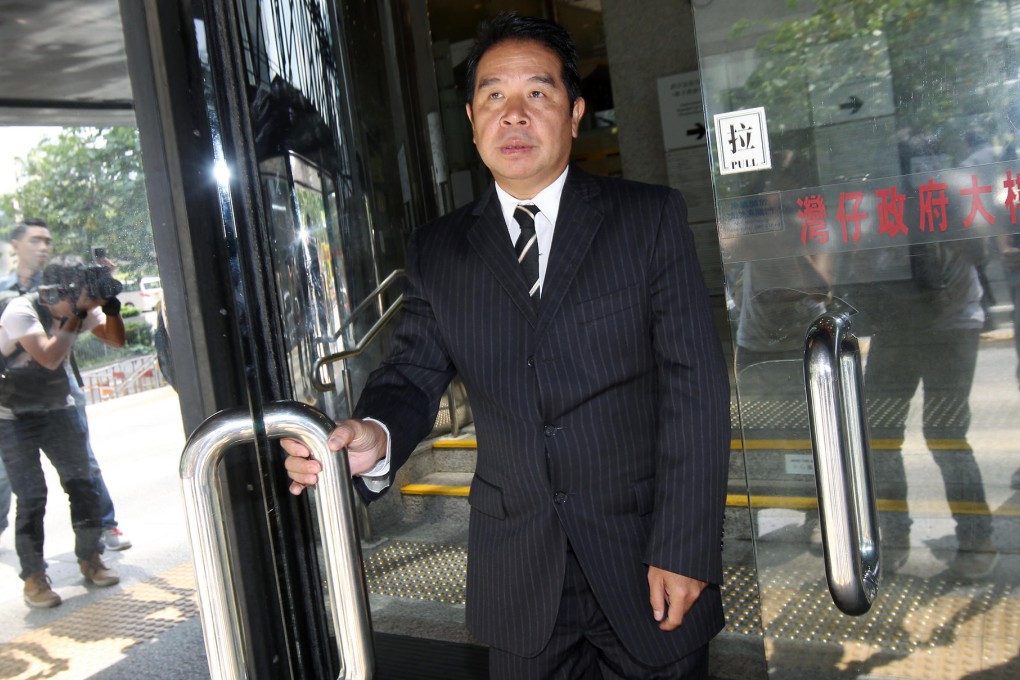Update | Carson Yeung says styling and stocks made his fortune
Soccer club boss tells court that he earned his wealth through investments in hi-tech shares, property and his salons - not illegal means

Birmingham City Football Club boss Carson Yeung Ka-sing explained in court how he amassed wealth of up to HK$100 million in 2000 from running upmarket salons, property investments in Southeast Asia and Hong Kong, and stock dealings.
This was despite a substantial loss in the 1998 market collapse.
The 53-year-old businessman took the stand yesterday after a District Court judge had earlier granted his "unusual" request to reopen his closed defence case.
He denies the five charges of knowingly dealing in ill-gotten gains amounting to HK$721 million from January 2001 to December 2007.
Yeung, whose defence team saw a new member with the addition of barrister Kevin Egan, told the court that his net worth jumped from HK$10 million after a market crash in 1998 to HK$100 million in 2000.
"My loss [in the market crash] was about 70 per cent or more [of my net worth]," he said. "We are talking about a sum of HK$20 million."